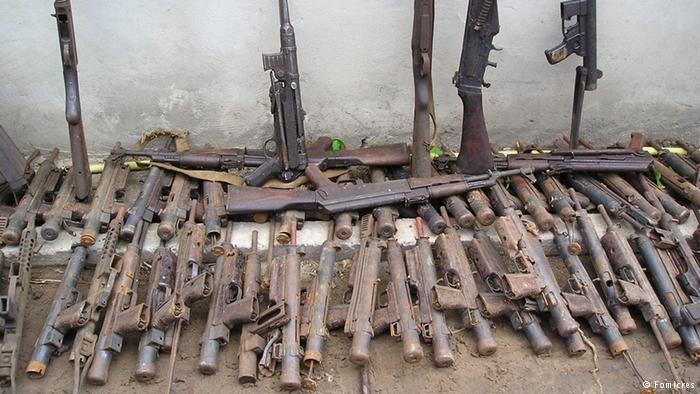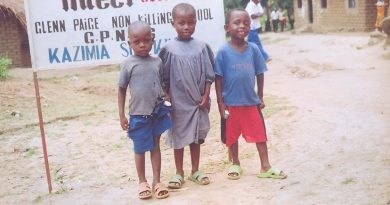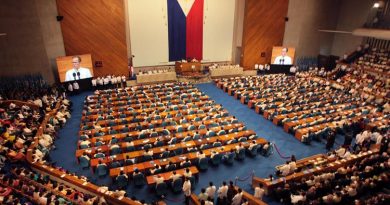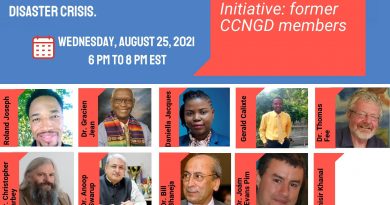CGNK partners with Mozambique Nonkilling Initiative
The Center for Global Nonkilling visited its Mozambican partner FOMICRES (Mozambican Force for Crime Investigation and Social Reinsertion) to continue to move forward the “Nonkilling is Possible” (“Não matar é possível!”) national initiative started by FOMICRES in June. The project builds upon the nonprofit’s years of experience on collecting and destroying weapons of war and will now also encompass a more holistic approach to common security in local communities. CGNK’s visit also served to better understand the country’s situation through meetings with NGO leaders, political representatives and officials of the ministry of education.
In June 16 FOMICRES launched two Mozambican editions of Nonkilling Global Political Science, one in Portuguese and one in English. The editions were presented in Maputo, following the destruction of hundreds of weapons that had been collected at rural and urban communities from across the country. The editions include a Presentation text by FOMICRES Executive Director Albino Forquilha. In the meetings with Albino Forquilha, CGNK Research Team Leader Joám Evans agreed to continue working together with FOMICRES to develop a partnership with Mozambican universities to incorporate nonkilling and its practicalities within their research agendas.
FOMICRES was founded on March 25th, 1995, after some experience in working on the identification and reintegration of child solders, by a group of Mozambican youth, some of whom who had lived a life of child soldiers and a long military experience within the Mozambican Regular Army (FPLM), met at Massequessa, in the outskirts of Chimoio City, Manica Province, to discuss efficient ways for community participation in the peace keeping and security process of the communities. The initiative arose from the conscience of the group, that the disarming, demobilizing and reintegration (DDR process) of the conflicting parties, which was conducted by the United Nations Commission for Mozambique (UNMOZ) from 1993 to 1994, did not collect and destroy efficiently the weapons that were in the hands of people in the communities, and it was estimated that the number of this was over 6 million, which would endanger the peace process and the national public security.
FOMICRES is a national institution of civic and humanitarian nature, it does not work under any political party and its main focus is the promotion of researches/ studies on community participative strategies in support of the legal system, Community safety & security and social reinsertion of marginalized groups as fundamental strategies in crime prevention measures.




